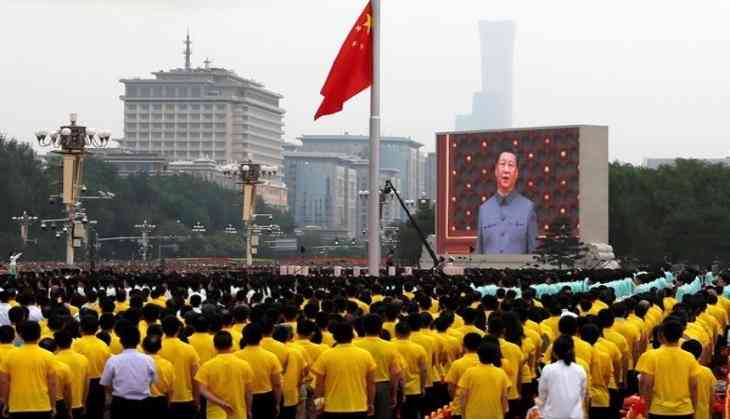
At least one-third of the Belt and Road Initiative (BRI) projects have run into major implementation problems due to factors such as corruption scandals, labour violations, environmental hazards, and public protests.
As an example of one such project, Vietnam's first elevated railway line in Hanoi suffered from years of delay with budget ballooning by more than 60 per cent of the original cost, Radio Free Asia reported citing a study by AidData.
"Host country policymakers are mothballing these high-profile BRI projects because of corruption and overpricing concerns, as well as major changes in public sentiment that make it difficult to maintain close relations with China," said Brooke Russell, an associate director at AidData and one of the other co-authors of the report.
Meanwhile, the study also stated that these 'delays' in projects could be a part of Beijing's debt-trap strategy.
"Beijing seeks to bankroll projects in risky countries than other official creditors, but it is also more aggressive than its peers at positioning itself at the front of the repayment line (via collateralization)," AidData added.
Meanwhile, China is also using confidentiality clauses barring borrowers from revealing terms and conditions of the engagement or even the existence of the debt itself.
International Forum for Right and Security (IFFRAS), reported that recent joint research by the Peterson Institute for International Economics, Kiel Institute for the World Economy and the Centre for Global Development & Aid Data concluded that it uses these contracts to debt-trap the borrowing nations.
(ANI)
Also Read: China's hidden debt, a major problem for borrowers


